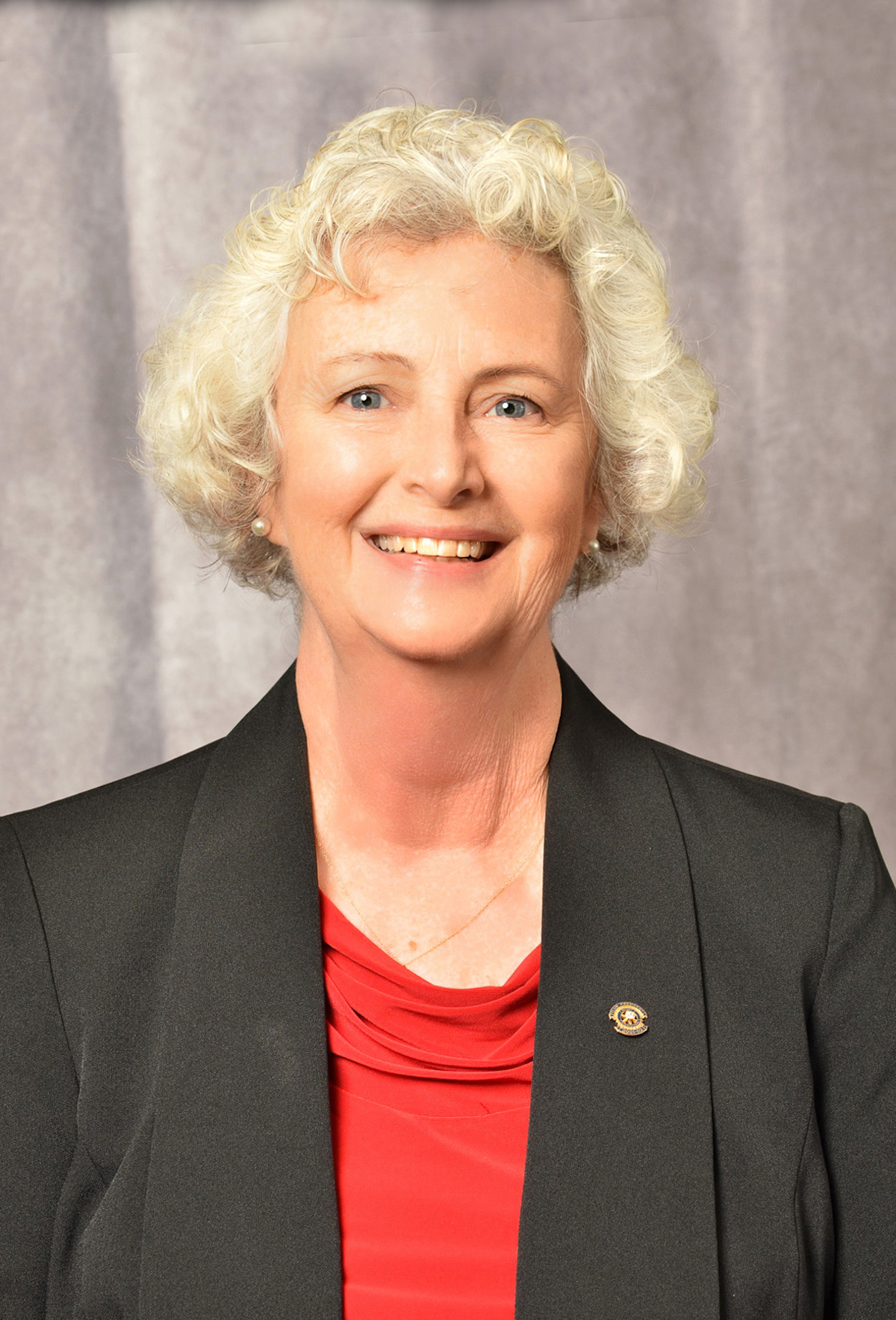From staff reports
Following a one-year planning and executive search process, the Historic Penn Center, a multi-service 501c3 nonprofit organization in St. Helena Island, S.C., dedicated to promoting and preserving Gullah-Geechee history and culture, is pleased to announce the appointment of Robert L Adams Jr., Ph.D., as its next Executive Director.
“I am honored to be chosen by the Penn Center’s Board of Trustees to lead this hallowed institution. I humbly follow in the footsteps of a long line of distinguished leaders who have made impactful contributions to the history of Penn Center and our national history,” Adams said in a news release. “I look forward to working with the Board, community, and other stakeholders to continue the center’s position as a ‘living laboratory of Black freedom’ and guardian of Gullah-Geechee culture.”
Adams, whose hire is effective effective July 1, succeeds Interim Executive Director Bernie Wright.
“Dr. Adams’ career and exceptional leadership in areas of nonprofit management, philanthropy, fund development, global networking, and diverse connections makes him an ideal choice for serving Penn Center in the role as executive director,” said Deloris Pringle, Chair, of the Penn Center Board of Trustees, in a news release. “Robert’s impressive accomplishments reflect the values, strategic goals and mission that uphold those of [the] historic Penn Center. Dr. Adams will lead this historic organization through a very important time in its history: the historic preservation of its buildings, creating pathways for increased funding support, and serving as a driver for programmatic development.
“With this appointment, Penn Center will implement impactful initiatives that address community well-being, social, economic, and environmental challenges facing Gullah Geechee communities today,”
Adams was born in Bangor, Maine, and raised in military institutions across the South (Florida, Mississippi, North Carolina, and Texas). He earned an M.A. in sociology from the University of Florida and a Ph.D. in anthropology from the University of Texas at Austin. He has worked extensively in Africa, Asia, the Caribbean, Europe, Latin America, and North America.
Previously, Adams served as the Senior Vice President of Programs at the NEA Foundation in Washington, D.C., overseeing the Foundation’s grant making programs. Adams has also worked as an Executive-on-Loan/Interim Chief Operating Officer at the Martin Luther King, Jr. Center for Nonviolent Social Change in Atlanta; a Program Officer at the Fetzer Institute in Kalamazoo, Mich.; and Associate Director of the Institute of African American Research at the University of North Carolina in Chapel Hill.
Adams recently served as Co-Founder and Principal for Sargent Adams Consulting LLC. in Boston, Mass. He provided strategic guidance on change management and diversity, equity, and inclusion (DEI) for Fortune 500, government, labor, and nonprofit clients.
Adams was a 2008 U.S. Fulbright Faculty Fellow at the Catholic University of São Paulo in Brazil, a 2016 Association of Black Foundation Executives (ABFE) Connecting Leaders Fellow, and a 2003 International Career Advancement Program (ICAP) Fellow. He is the author of more than 15 publications, including editor of Rewriting the African Diaspora in Latin America and the Caribbean: Beyond Disciplinary and National Boundaries (Routledge 2013).
About Penn Center
In the words of the late historian John Hope Franklin, “Penn Center is the most significant African American organization in the country.” It was established in 1862 by a group of churches and abolitionists from Pennsylvania as a school to educate newly freed slaves.
Laura M. Towne and Ellen Murry were founders and the first teachers at the school and named it Penn School after the great Quaker leader and founder of the Commonwealth of Pennsylvania, William Penn.
Charlotte Forten, who arrived a few months later, was the first black teacher at the school. Penn School taught literacy and vocational skills to newly freed slaves, and the extraordinary Penn School continued to educate children through 1953, continued to provide human services through the 1980s, and still exists today as a community-oriented nonprofit organization.
Although Penn School is no longer in operation, Penn Center Inc., a non-profit African American cultural and historical organization, occupies a 50-acre campus and owns an additional 500 acres on St. Helena Island, a sub-tropical barrier island well known for its intact Gullah communities.









